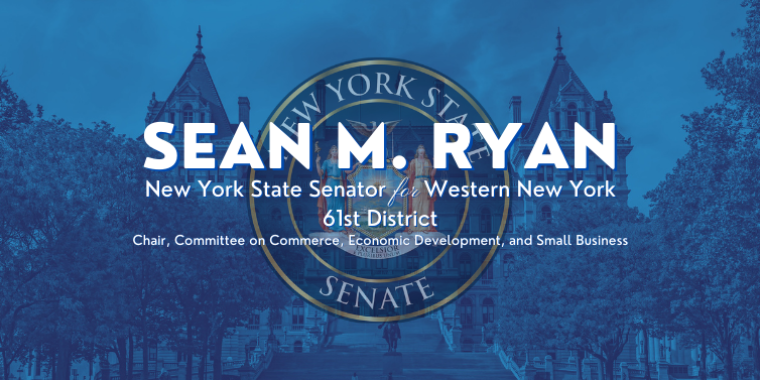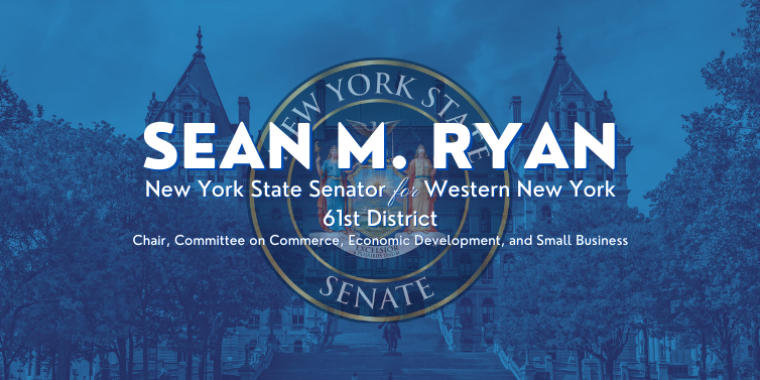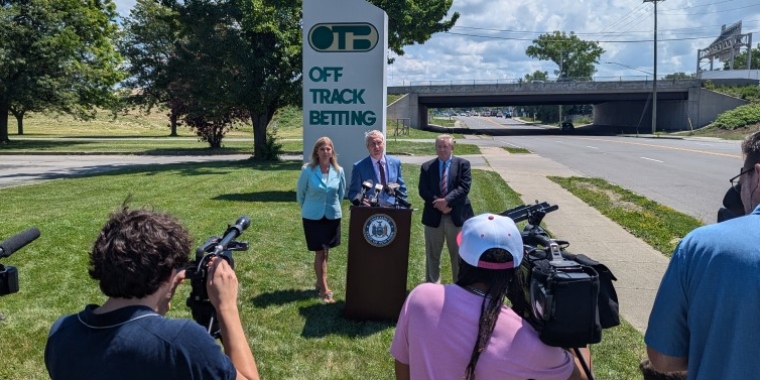Commentary: Noncompete agreements are bad for workers, bad for consumers, and bad for the economy

Photo Credit: Piotrekswat/Getty Images/iStockphoto
When you hear the phrase “noncompete agreement,” what do you think of? Take a second to picture the kind of person you associate with the term. Is it an executive at an innovative tech company in Silicon Valley? Maybe you think of a scientist at a world-renowned research facility.
The reality is that nearly one in five workers nationwide are subject to a noncompete agreement, and they are used in a wide variety of industries to restrict a worker’s ability to find a new job.
Although companies rationalize their use of noncompete agreements as a tool to prevent their employees from bringing trade secrets and proprietary information to their competitors, many of those workers have no sensitive information that could harm their employers. A recent New York Times video on the subject included interviews with a hairstylist, a florist and a dental technician, among several others burdened by noncompete agreements.
When an employee wants to find a job that is a better fit for them, noncompete agreements can force them to make the difficult choice between changing careers or sticking with a job they’re unhappy in. Even in situations where they may not actually be enforceable, noncompetes still serve as functional restrictions on workers who don’t have the time or resources to fight them in court.
They sometimes even apply to employees who have been laid off, making it incredibly difficult —sometimes impossible — for them to continue working in their chosen field. In those cases, it leaves a person whose life has already been disrupted by a job loss with two choices: They can find a new job far from their home or they can find a new career.
It’s clear how destructive noncompete agreements can be to an individual, but let’s take a step back and look at the big picture. By keeping workers stuck in their jobs, noncompete agreements lead to wage suppression. By preventing people from opening their own small businesses, they stifle competition, resulting in higher prices. By limiting the pool of qualified job applicants, they make it harder for businesses to find employees even when they offer better-than-average wages and benefits. The impact of noncompete agreements is clear: They’re bad for workers, they’re bad for consumers, and they’re bad for the economy.
That’s why I’ve introduced a bill (S3100) in the state Senate to invalidate existing noncompete agreements and ban their future use. If signed into law, it will prevent employers in New York from using them to restrict their employees’ future job prospects. The Federal Trade Commission has also recently proposed a regulation to ban noncompete agreements nationwide, calling their use “a widespread and often exploitative practice that suppresses wages, hampers innovation, and blocks entrepreneurs from starting new businesses.”
Whether or not that federal regulation is eventually approved, there are two important reasons we need to pass legislation at the state level. First, codifying a ban into state law would ensure that New Yorkers are safe from this predatory practice regardless of what future presidential administrations think about it; and second, a state ban will protect workers in industries the FTC does not have jurisdiction over.
The next step in the push to pass this legislation is digging deeper into the ways noncompete agreements have impacted our state. To that end, the Senate Committee on Commerce, Economic Development and Small Business will hold a hearing on Tuesday, May 23, to learn more about the effects this practice has on workers, businesses and the economy in New York.



